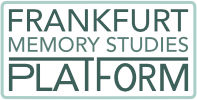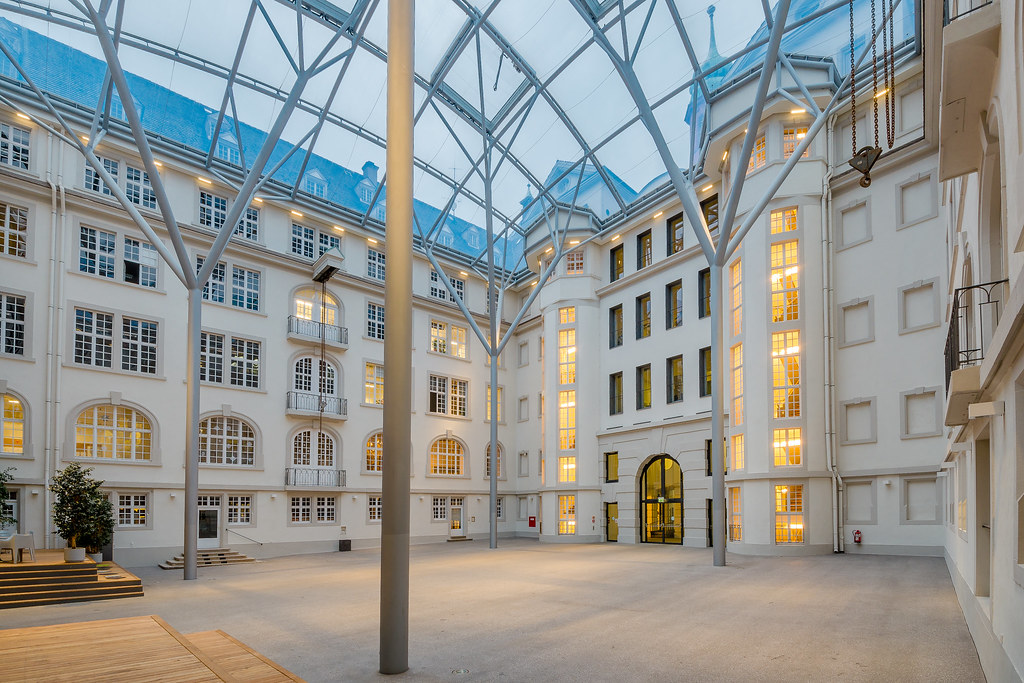CALL FOR PAPERS
Dynamics of Collective Narration
A workshop on contemporary factual narratives in their social contexts
18-20 June 2020 in Freiburg im Breisgau, Germany
This workshop seeks to foster interdisciplinary exchange between theoretical perspectives from the social sciences and literary studies in the analysis of collective narration. In doing so, we build on the narrative turn in the social sciences, as inspired by postclassical narratology. Specifically, we ask how contemporary factual collective narration intertwines with interactional dynamics and social power structures. The workshop will feature three addresses by Monika Fludernik (Freiburg), Alexandra Georgakopoulou (London), and Ruth Page (Birmingham).
For the purpose of this workshop, we understand collective narration as an umbrella term to describe two complex phenomena. On the one hand, various narrative patterns form or influence the shared memory of a group, community, or collective. This includes situations where the narration of individual experiences is taken to represent those of the collective, e.g. ethnic groups, nations, or other essentialised communities. On the other hand, there are shared stories, broadly defined as stories about common or known events in a group or collective, which are (re-)told in participatory and interactional situations (Georgakopoulou, 2007; Georgakopoulou & De Fina, 2008; 2012). Such stories may include individual and collective memories, everyday (partial/collaborative) narratives, for example in online chats, and narration in institutional settings (e.g. asylum applications). These two types of phenomena are not always distinct but may also occur as hybrid forms.
By putting contemporary factual collective narration on the agenda, we seek to interrogate interactional forces at play. We are interested in working with empirical material from participants’ research showing the power, potentials, and limitations of collective narration. In a cooperative workshop, we wish to bring together narratologists and social scientists in order to analyse and discuss factual narratives.
Our goals for this workshop are:
1. To share theoretical and methodological understandings of the intersections of narratology, sociolinguistics, and social science research.
2. To share our own empirical research which demonstrates the power of collective narration, situated in specific social contexts and struggles. Such materials could be, for example, from social media research, ethnographic fieldwork, conversation analysis, or trial records.
3. To (narratologically) analyse the social contexts and/or implicit, explicit, or institutional power structures of collective narration, touching upon topics such as (co-)tellership, tellability, story ownership, telling rights, and re-telling(s); in addition to the influencing factor of an individual speaking on behalf of a group.
Workshop format:
We invite applications by emerging and established scholars, as well as advanced graduate students, who are working or intend to work with collective narration across disciplinary boundaries. The selected participants are encouraged to provide short examples of empirical material (corpus samples) relevant to their own research and to give a succinct presentation (ca. 5-7 minutes), primarily meant as an introduction to their research question and the provided material.
Throughout the workshop we invite everyone to actively take part in the organised break-out sessions where we will be discussing the empirical material provided by the participants. Alexandra Georgakopoulou and Ruth Page will be present, providing feedback and advice based on their experiences. In addition to these hands-on sessions, the keynote addresses will provide a common theoretical foundation.
Application:
To apply, please provide a 500-word abstract by December 15th, 2019, outlining your research topic, type of research material, and your motivation for participating in the workshop. Please mention any specific challenges you may be facing with regard to the interplay between narratology and social sciences or, more generally, to collective narration. In addition, please include a 200-word biography. Both abstract and biography will be included in the workshop package.
To achieve the abovementioned goals of this workshop, we rely on participants to provide empirical material from their own research. However, we will be able to accommodate a few scholars who are in the beginning stages of their research and are thus unable to provide their own material. If this is the case, please explicitly inform us of your unique situation in your application.
Please note that those accepted to the workshop will be asked to read a small number of texts provided in advance.
Should you have any questions, please do not hesitate to contact us at:
collective.narration@grk1767.uni-freiburg.de
Your conference organisers,
Fredrik Eklund, Michelle Thompson, Marlene Weck
Albert-Ludwigs-Universität Freiburg
DFG Graduiertenkolleg 1767 ‘Faktuales und fiktionales Erzählen’



